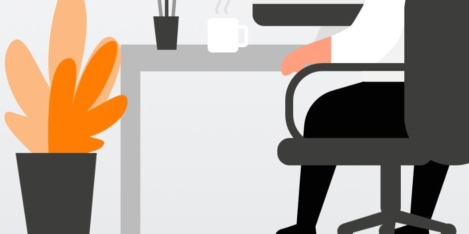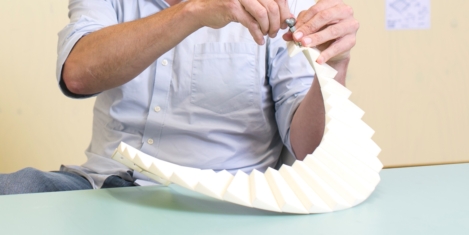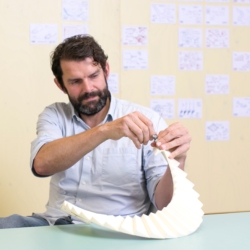To provide the best experiences, we use technologies like cookies to store and/or access device information. Consenting to these technologies will allow us to process data such as browsing behaviour or unique IDs on this site. Not consenting or withdrawing consent, may adversely affect certain features and functions.
The technical storage or access is strictly necessary for the legitimate purpose of enabling the use of a specific service explicitly requested by the subscriber or user, or for the sole purpose of carrying out the transmission of a communication over an electronic communications network.
The technical storage or access is necessary for the legitimate purpose of storing preferences that are not requested by the subscriber or user.
The technical storage or access that is used exclusively for statistical purposes.
The technical storage or access that is used exclusively for anonymous statistical purposes. Without a subpoena, voluntary compliance on the part of your Internet Service Provider, or additional records from a third party, information stored or retrieved for this purpose alone cannot usually be used to identify you.
The technical storage or access is required to create user profiles to send advertising, or to track the user on a website or across several websites for similar marketing purposes.
 A ‘golden age’ of workplace technology could be coming, in the wake of the COVID-19 pandemic according to a new report, co-authored by Professor Michael Dickmann from Cranfield University which investigated the Global Mobility response to COVID-19. The report claims that some multinational companies were completely lacking crisis response plans when the pandemic hit, and many are now adjusting their goals because of movement restrictions and employee wellbeing. (more…)
A ‘golden age’ of workplace technology could be coming, in the wake of the COVID-19 pandemic according to a new report, co-authored by Professor Michael Dickmann from Cranfield University which investigated the Global Mobility response to COVID-19. The report claims that some multinational companies were completely lacking crisis response plans when the pandemic hit, and many are now adjusting their goals because of movement restrictions and employee wellbeing. (more…)






 A survey of 2,000 UK consumers by digital health company
A survey of 2,000 UK consumers by digital health company 


 The easing of lockdown restrictions and a return to offices is raising the stress levels of over a quarter of UK tech professionals (26 percent) at a time when over 1 in 3 (36 percent) report that their mental health has deteriorated during Covid-19, according to a new
The easing of lockdown restrictions and a return to offices is raising the stress levels of over a quarter of UK tech professionals (26 percent) at a time when over 1 in 3 (36 percent) report that their mental health has deteriorated during Covid-19, according to a new 




 With lockdown measures slowly easing in the UK, 65 percent of UK workers reveal that they would feel uncomfortable going back to the workplace right now, research claims. This is despite one in five (20 percent) expecting to be asked by their bosses to return to work in June. That’s according to new ‘Return to Work’ research from
With lockdown measures slowly easing in the UK, 65 percent of UK workers reveal that they would feel uncomfortable going back to the workplace right now, research claims. This is despite one in five (20 percent) expecting to be asked by their bosses to return to work in June. That’s according to new ‘Return to Work’ research from 















June 15, 2020
Wellbeing for remote workers should not be lost in translation
by Brendan Street • Comment, Flexible working, Wellbeing